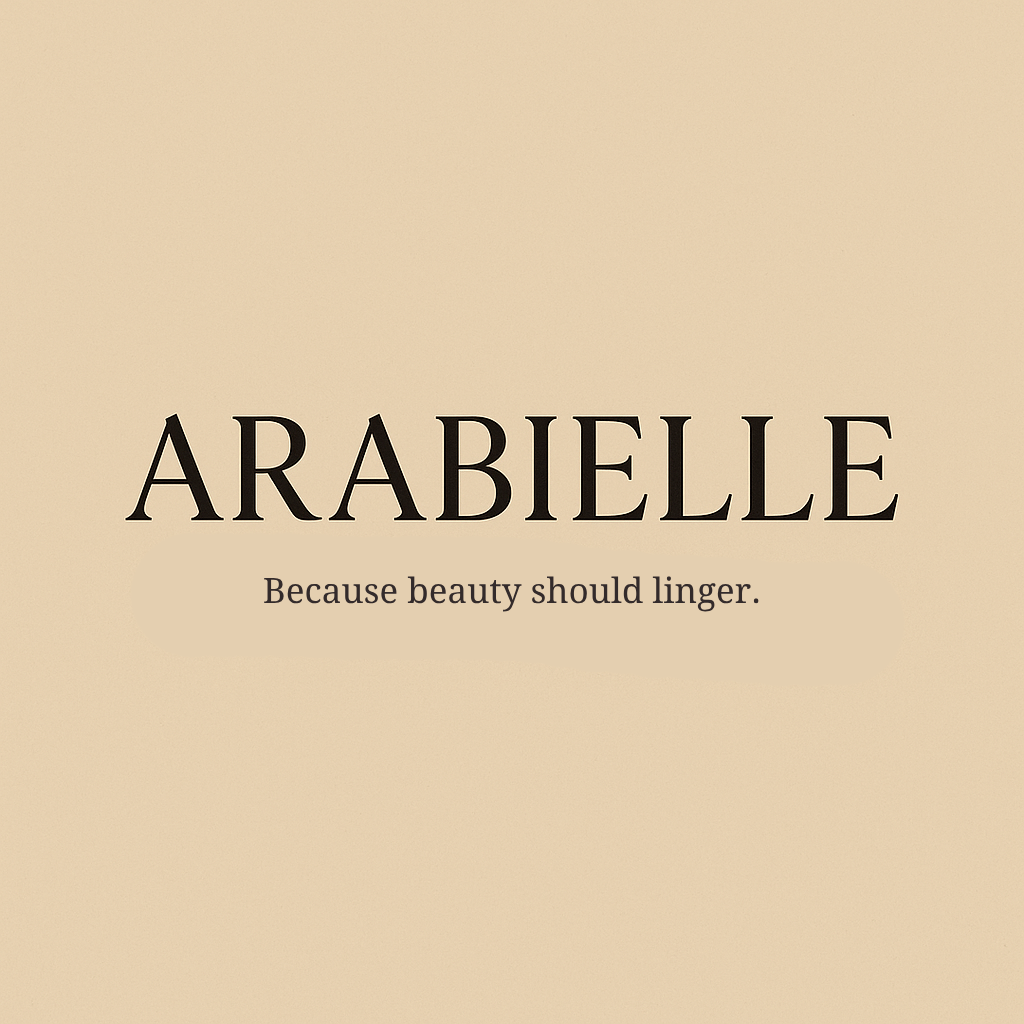We’ve all felt it, haven’t we? That subtle (or sometimes, not-so-subtle) pull, the quiet hope for a nod of agreement, a word of praise, or a look of admiration – specifically from men. It’s a complex, often unspoken dynamic that plays out in our personal lives, workplaces, and even in our internal monologues. While seeking connection and appreciation is a fundamental human need, the scales often seem tipped, with women’s validation appearing disproportionately tied to male approval. Why is this so pervasive, and how does this relentless quest, often subconscious, subtly sabotage our self-esteem and hinder our journey towards genuine emotional empowerment?
This isn’t about male-bashing or denying that men also seek validation. They do. However, the societal structures and historical narratives have woven a particularly intricate web for women, where the reflection seen in a man’s eyes can feel like the ultimate measure of worth. It’s time to delve into the advanced psychological underpinnings of this phenomenon, not to assign blame, but to foster understanding and, ultimately, liberation.
Here are 7 psychologically-rooted reasons why this dynamic persists and how it can be detrimental:
1. The Legacy of Patriarchal Structures & Societal Conditioning:
For centuries, most societies were overtly patriarchal. Men held positions of power, controlled resources, and defined societal norms. Women’s survival, social standing, and even safety often depended on aligning with male expectations and gaining their approval. This isn’t ancient history; its echoes resonate deeply in our contemporary societal conditioning. From fairy tales where a prince “completes” the princess, to media portrayals where female characters are often validated through male desire or acceptance, these narratives are subtly internalized from a young age. This historical power imbalance means that, unconsciously, male approval can feel like a gateway to broader societal acceptance and success. The “default” powerful figure has long been male, making his validation seem more potent.
2. Internalized Misogyny and the “Good Girl” Schema:
Internalized misogyny is a stealthy saboteur. It’s when women subconsciously absorb the sexist beliefs and attitudes prevalent in society and turn them inwards. This can manifest as a deeply ingrained belief that a woman’s worth is conditional – conditional on being likable, agreeable, attractive (by male standards), and nurturing. The “good girl” schema dictates that pleasing others, particularly men in authority or romantic interest, is paramount. Deviating from this can trigger internal conflict and a fear of rejection, pushing women back towards seeking male approval as a sign they are “doing it right.” This significantly impacts self-esteem, as worth becomes externally sourced.
3. The Scarcity Myth in Romantic & Professional Arenas:
Media and societal narratives often (though decreasingly, thankfully) portray women in competition for male attention or for limited top spots in a male-dominated professional world. This “scarcity myth” can subtly encourage women to seek validation from men as a sign of “winning” – whether it’s being chosen by a desirable partner or recognized by a male superior at work. The underlying, often unspoken, belief is that if a man values you, you must be more valuable than other women. This is a destructive cycle that hinders female solidarity and true emotional empowerment.
4. The Weight of Emotional Labor and Relational Orientation:
Women are often socialized to be the “emotional barometers” and caretakers of relationships. This heightened relational orientation means women may be more attuned to the emotional states of others and more invested in maintaining harmony. While a strength, this can also mean that women may over-prioritize the approval of those they are in relationships with, including men, to feel secure and effective in their relational roles. The validation received (or not received) can feel like direct feedback on their relational competence, a core aspect of identity for many. This highlights a crucial aspect of women’s validation needs being tied to interpersonal success.
5. Different Yardsticks for Self-Worth Development:
Historically, boys and men have often been encouraged to derive self-worth from achievement, competence, and independence. Girls and women, on the other hand, have often been steered towards deriving it from relationships, attractiveness, and being “chosen.” While these are generalizations and are thankfully evolving, the remnants of this differential conditioning mean that male approval can feel like a direct affirmation of a woman’s core (socially constructed) value. This directly impacts self-esteem, making it more vulnerable to external, particularly male, feedback.
6. The “Male Gaze” as an Internalized Critic:
The concept of the “male gaze,” popularised by Laura Mulvey, describes how women are often depicted from a masculine, heterosexual perspective, positioning them as objects of male desire. This isn’t just about film; it permeates culture. Over time, women can internalize this gaze, learning to see themselves and other women through this lens. This means self-evaluating based on perceived male desire or approval. The quest for women’s validation then becomes filtered through what “he” might think, even when no specific man is present. This is a profound form of societal conditioning that takes conscious effort to dismantle.
7. The Biological Echo (Handled with Nuance):
While socio-cultural factors are paramount, some evolutionary psychologists might suggest that ancient survival dynamics could have played a role. In resource-scarce environments, female mate choice and securing a protective partner might have been crucial. While modern society operates vastly differently, these deep-seated evolutionary echoes might subtly contribute to a sensitivity towards male acceptance, although this should never be used to justify current inequalities or limit emotional empowerment. It’s a tiny piece of a much larger, predominantly socially constructed puzzle.
Why Does This Seem “More” for Females than Males Seeking Women’s Validation?
Men absolutely seek validation from women, particularly in romantic contexts. However, the power dynamic is different. Historically and often still, men’s societal power, professional advancement, and even sense of self have not been as critically dependent on female approval in the same pervasive way. Men are less likely to have their competence questioned or their careers stalled solely based on lacking female approval in a professional setting. The societal stakes for women’s validation through male approval have simply been higher, across more domains of life.
Reclaiming Your Power: Moving Towards Intrinsic Validation & Emotional Empowerment
Understanding these dynamics is the first, crucial step towards dismantling their power over us. True emotional empowerment and robust self-esteem blossom when validation becomes an internal process, not an external pursuit.
- Cultivate Self-Awareness: Notice when and why you’re seeking external validation. Is it a genuine desire for feedback or a deeper craving for approval?
- Challenge Internalized Beliefs: Actively question the “good girl” narrative or the idea that your worth is tied to male desire. Journal, talk to trusted friends, or consider therapy.
- Define Your Own Metrics for Success: What does success, beauty, and worthiness mean to you, independent of societal conditioning or potential male approval?
- Nurture Your Female Friendships: Build strong, supportive relationships with other women. These connections can be powerful sources of validation and understanding, free from patriarchal dynamics.
- Curate Your Influences: Be mindful of the media you consume. Seek out narratives that portray women as whole, self-validated individuals.
- Practice Self-Compassion: This is a journey. There will be moments you slip back into old patterns. Be kind to yourself.
- Focus on Your “Why”: Connect with your passions, your purpose, and your values. When you’re driven by intrinsic motivation, the need for external validation, especially specific male approval, diminishes significantly.
The journey to untangle our need for women’s validation from the specific filter of male approval is one of the most profound acts of self-love and emotional empowerment a woman can undertake. It’s about reclaiming our narrative, defining our worth on our own terms, and building a resilient self-esteem that shines from within, not merely reflected in the eyes of others.
What are your thoughts on this? Share your experiences and insights in the comments below – let’s continue this vital conversation!
For more Insights , See ” Women Confidence Secrets: 7 Powerful Psychology Tricks Successful Women Use to Build Unshakeable Inner Strength “

